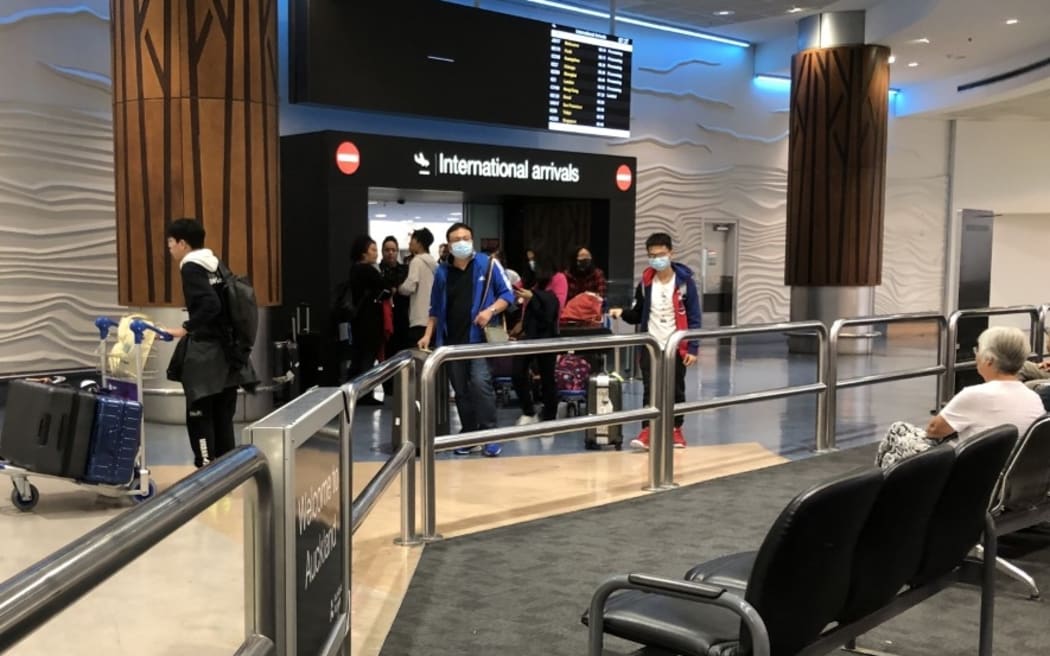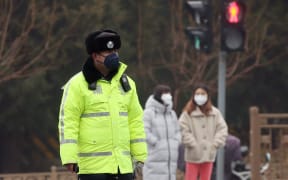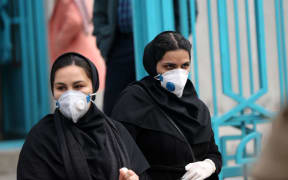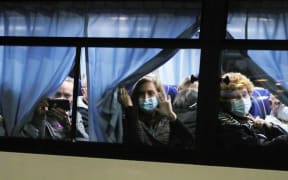Health officials are working to track down the remaining passengers from a flight to Auckland that carried a person infected with Covid-19.

File photo. Photo: RNZ / Liu Chen
They're also trying to meet with all of the eighteen most at-risk passengers who sat near to that person, who travelled to Auckland from Iran, via Bali.
The director-general of health, Ashley Bloomfield, said officials have made contact with the 18 at-risk passengers by email or phone, and are requesting in-person meetings.
These passengers include both New Zealand citizens and visitors.
Officials are also trying to contact the remaining passengers who touched down in Auckland from Iran last Wednesday, as a precaution, he said.
Iran has now been included in the travel ban alongside China.
The infected person wore a mask on the flight to New Zealand, and the ministry said they remain in a stable and improving condition in hospital.
Read more about the Covid-19 coronavirus:
- Covid-19: What it is and how to protect yourself
- Analysis: How close to a pandemic?
- How it affects the global economy
- Opinion: As coronavirus spreads, so does racism and xenophobia
- New Zealand confirms case of Covid-19 coronavirus
- More Covid-19 news
Meanwhile, the Council of Trade Unions is urging employers to come up with special arrangements for workers forced into quarantine due to coronavirus.
Its president Richard Wagstaff warned that if people run out of leave they may have no other option but to go back to work and risk the public's health.
He is urging employers to formulate a plan with workers early so they can both maintain their income and stay safe.

Council of Trade Unions president Richard Wagstaff. Photo: Supplied
"If people are sick, they should take their sick leave," he said.
But if they are "quarantined through no fault of their own" and are happy to work, yet aren't allowed, then special paid leave arrangements should be made, he added.
Wagstaff didn't go as far as recommending a law change to include special leave for exceptional circumstances such as these, preferring that workplaces come to a fair agreement themselves.
"I don't think it's necessarily helpful going straight to the rule book in the first place," he said.
He said those in precarious work and on casual contracts are vulnerable and the Ministry of Social Development needs to step in and make sure people are able to survive.






